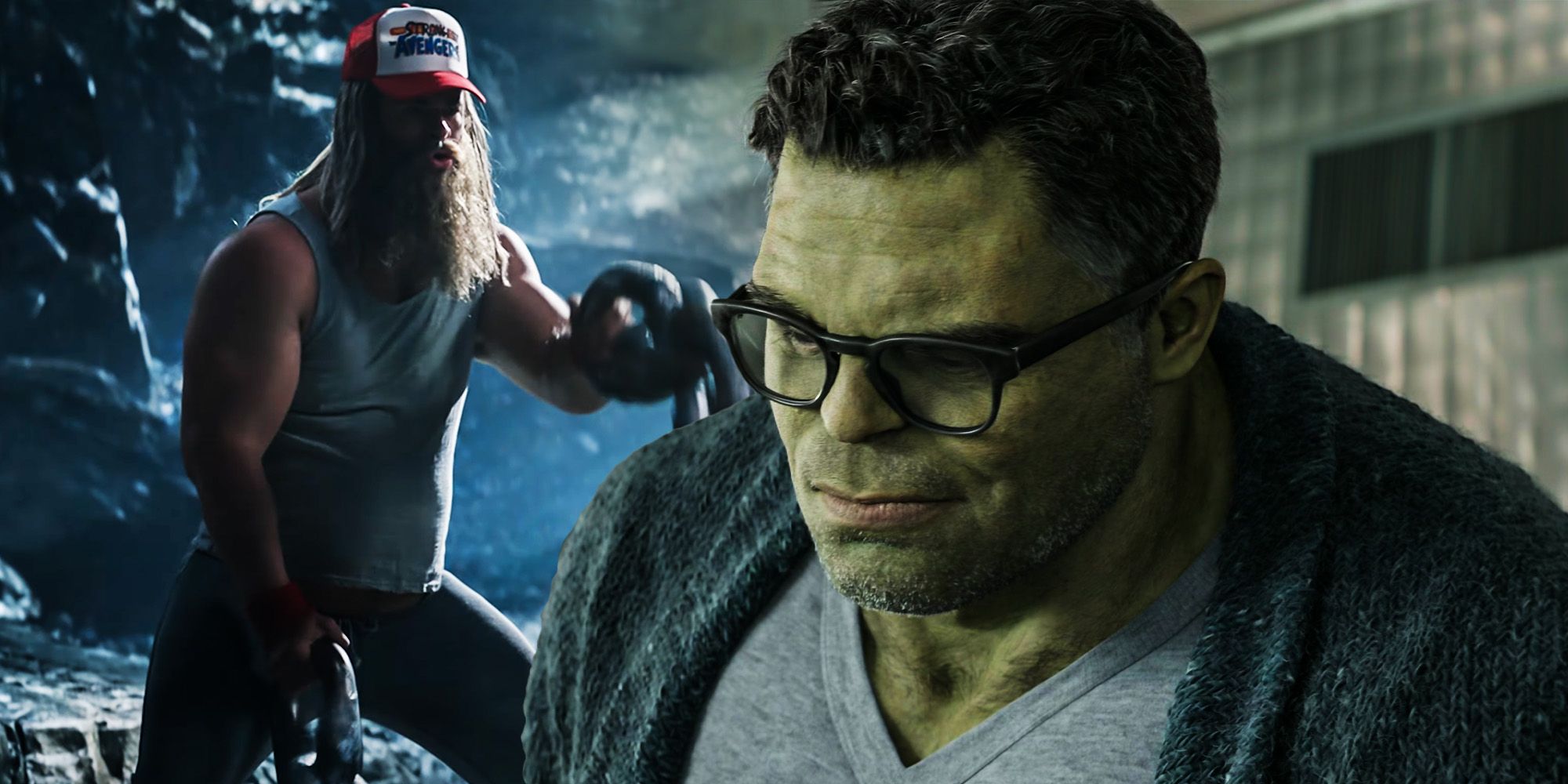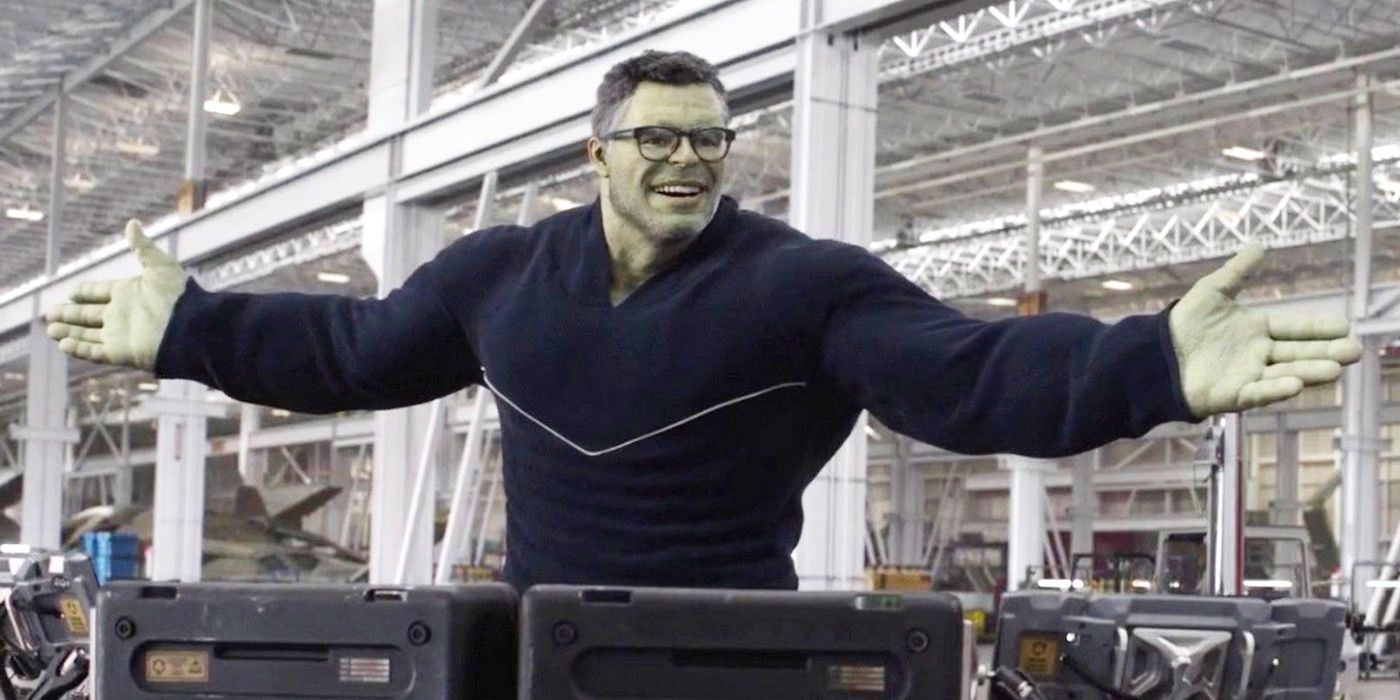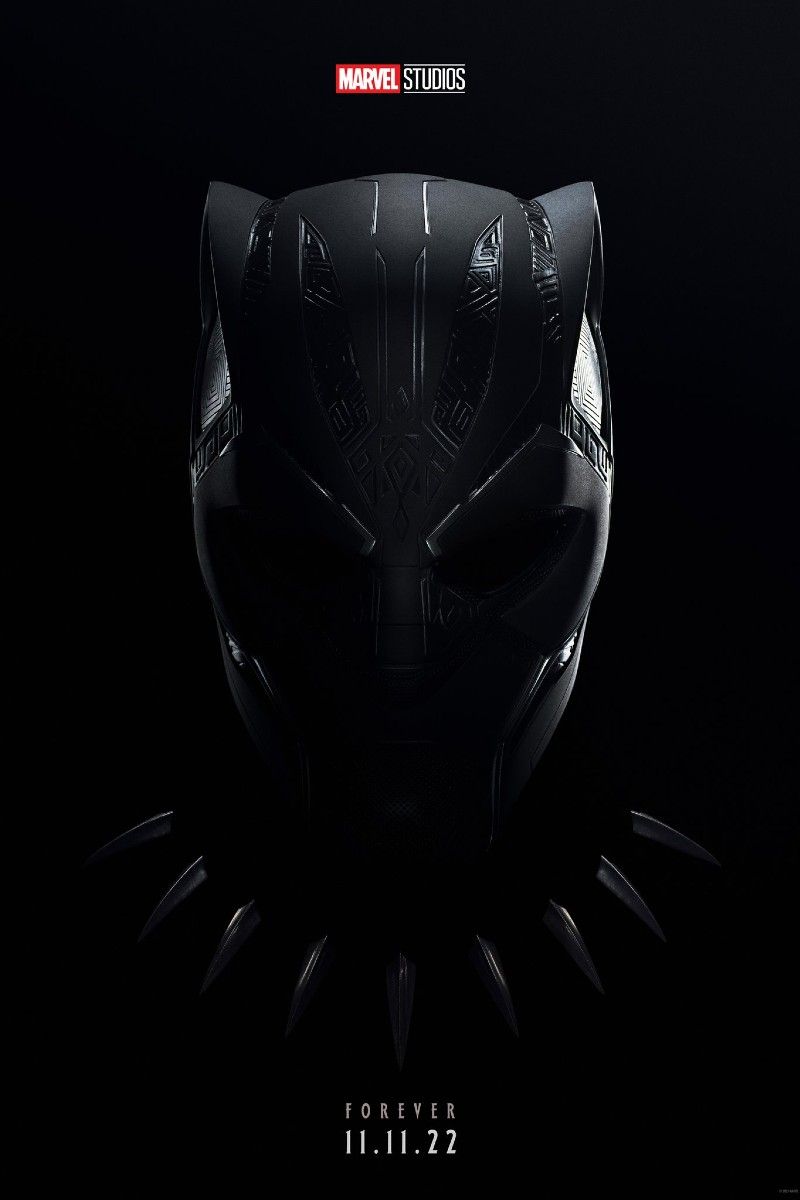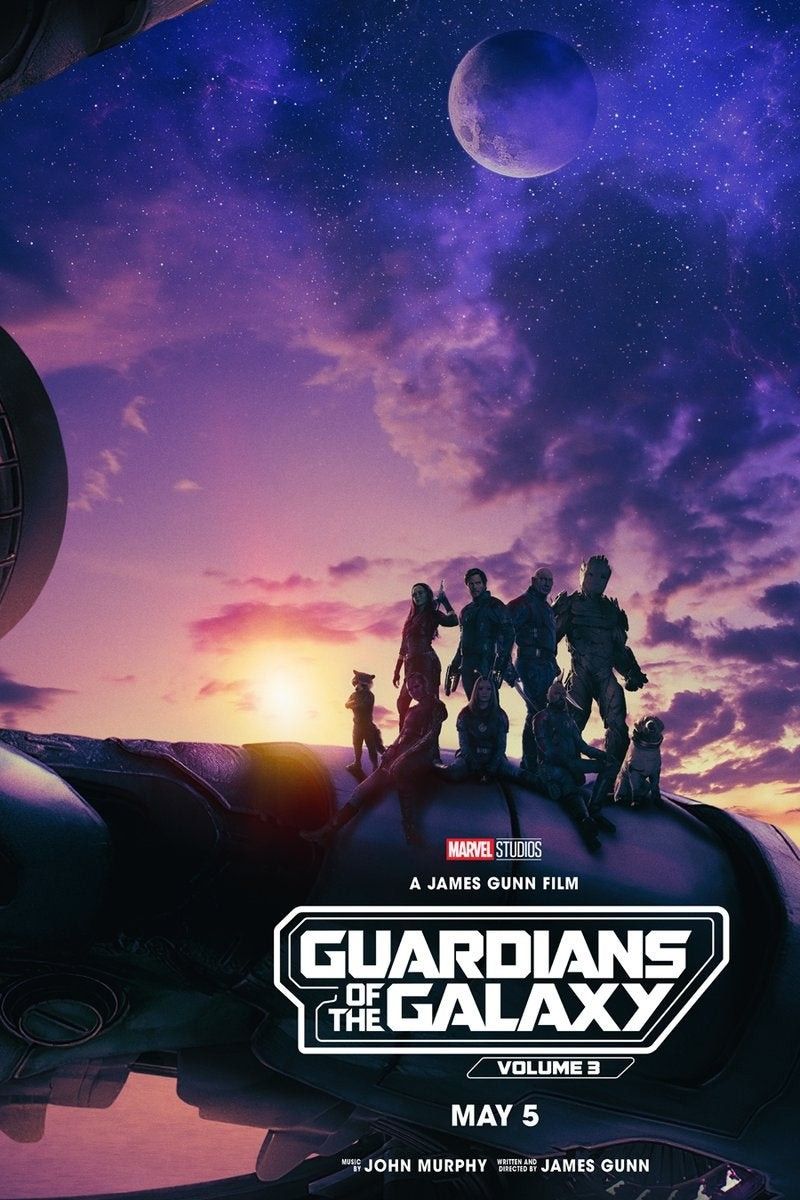While it's not yet clear what plans the MCU has for the Hulk in Phase 4, Marvel Studios has an opportunity to redeem the "Fat Thor" storyline by showing that they have listened to audience concerns. Marvel has been characteristically tight-lipped about what Bruce Banner or the Hulk's next outing might be but chose to include Bruce, played by Mark Ruffalo, in a Shang-Chi post-credits scene. Back in human form, his appearance there is changed from how he looked previously, in Avengers: Endgame, and it's not fully clear why that is.
In Endgame, Thor (Chris Hemsworth) and Bruce undergo perhaps the biggest changes of any of the Avengers, with Thor having retreated into a sedentary lifestyle following his last confrontation with Thanos, and Bruce having undergone extensive gamma therapy to meld the Hulk and himself into a single being, "Professor Hulk." Thor's state is heavily suggested to be caused by unhealthy coping mechanisms as he seeks to deal with the traumatic events of Avengers: Infinity War and killing a weakened Thanos after having arrived too late to retrieve the Infinity Stones. Bruce's new look is suggested to be about self-acceptance and coming to terms with who he really is.
The trailer for Thor: Love and Thunder suggests that writer-director Taiki Waiti may be avoiding Endgame's Thor mistake. Still, Marvel has an even bigger opportunity in the MCU's Phase 4 to show that they are listening to audience concerns and growing more conscious of these issues. While the insensitive jokes made at the expense of Thor's grief and the arguably fat-phobic way the character was used can't be retconned away, the way the MCU treats the Hulk going forward will be a great thermometer for how in-tune they are with the public conversation surrounding mental health.
That Bruce has seemingly stepped away from his identity as Professor Hulk suggests that that form might well have also been an unhealthy coping mechanism too heavily focused on perfectionism. Instead of seeking to understand and love who his other half is, Bruce sought to dominate and eradicate the Hulk personality and make use only of its strength. An exploration of Bruce's humanity and the Hulk's otherness and strength and what they add to each other is just the thing the MCU's Phase 4 needs to explain the sudden shift away from Professor Hulk. If Marvel is able to key in on this and show Bruce growing past his need to dominate his other half and instead show his capacity to understand and even love the Hulk for what it is, this would go a long way to show that both Bruce and the MCU have grown and matured.
Marvel's full plan for Phase 4 of the MCU is still up in the air. If they take advantage of the opportunity presented to them by the Hulk, the studio could do much to alleviate audience concerns that cropped up surrounding their treatment of mental health in Endgame. This opportunity coupled with Thor: Love and Thunder's potential to give Thor the closure and treatment he deserves means that with the right touch, the MCU's Phase 4 could be used to make amends for much of the damage that the prior mishandling of Thor caused.






